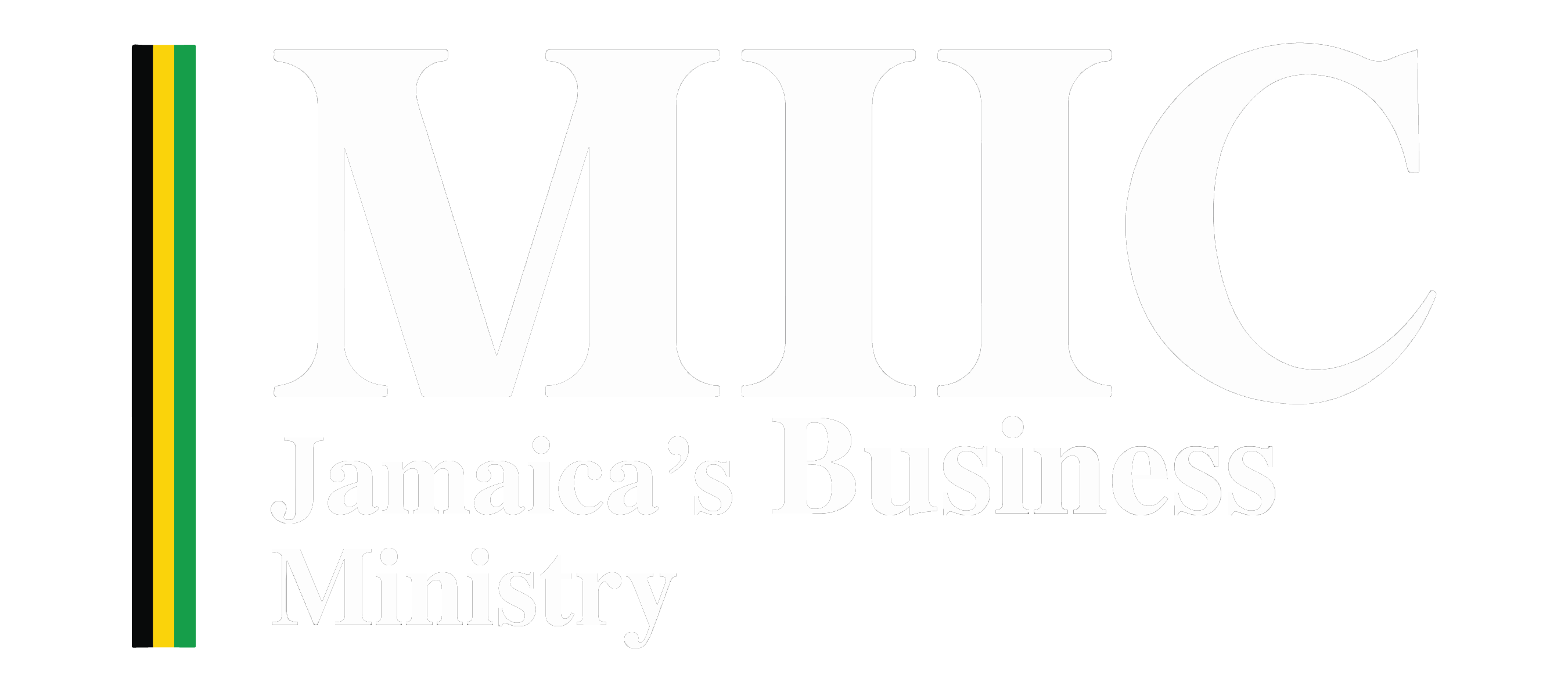In January 2016, Jamaica became a signatory to the World Trade Organization (WTO) Trade Facilitation Agreement (TFA), which entered into force on February 22, 2017. The Ministry of Industry, Investment and Commerce (MIIC) is the coordinating Ministry for the implementation of the overarching Trade Facilitation (TF) reform agenda, which includes Jamaica’s obligations under the WTO TFA as well as a range of other TFA-plus reform targets that were established by the Government of Jamaica (GoJ) in 2015.
A TF Roadmap and Action Plan was approved by Cabinet via Cabinet Decision 6/16, setting out the overarching implementation plan and strategy for achieving these reforms, which are generally aimed at resolving procedural obstacles and impediments in Jamaica’s border regulatory procedures, in order to improve the overall business and trading environment. In particular, the outcome of these reforms were targeted towards:
Reduction in time and cost for border and documentary compliance for trade.
Increase capacity of BRAs to manage risks.
Increase revenue at the Jamaica Customs Agency.
Legislation and regulations that enhances trade.
Implementation of some WTO TFA requirements to facilitate greater efficiency to accelerate trade and decrease bureaucracy.
Increase in foreign direct investment
These reforms have yielded greater efficiency and business competitiveness, and form part of the GoJ’s overall thrust towards achieving accelerated economic growth. Jamaica’s current rate of implementation commitments under the WTO Trade Facilitation Agreement stands at 97.5% with a timeframe spanning from February 2017 to March 2025.
In 2014, the World Bank Group established the Trade Facilitation Support Program (TFSP) to support countries seeking funding and technical assistance to improve their cross-border trade environments and implementation of the World Trade Organization’s Trade Facilitation Agreement (WTO TFA) measures. Over the years, the World Bank Group’s Trade Facilitation Support Program (TFSP) has supported Jamaica’s progress toward its trade facilitation goals through several key initiatives:
Click to Read More
Establishment of Jamaica’s Trade Information Portal (JTIP). This portal has facilitated and improved the predictability and transparency of Jamaica’s trade procedures. The JTIP facilitates quick access to trade regulatory requirements and has thereby, improved the ease of doing business in Jamaica.
Technical assistance to support the increase of coordination among border regulatory agencies. For example, in 2019, the TFSP assisted Jamaica in the development of inspection matrices to facilitate joint inspection at the country’s borders.
Development of a proposed fees and charges policy framework, as well as a proposed methodology to determine how fees and charges imposed by Government entities for import and export services are to be applied and calculated (i.e. the cost of issuing licenses, permits and certificates).
Integrating the border regulatory agencies into ASYCUDA World – the globally recognized system for managing customs data. The introduction of ASYCUDA World has resulted in significant reduction in the time it now takes to complete documentary requirement for exports and for imports. The government has also eliminated the requirement for some import and export licenses.
Through funding support provided under the Foundation for Competitiveness and Growth Project (FCGP), initiatives were undertaken to modernize the national trading environment in line with the government’s objective to become a world-class logistics hub and stimulate economic growth. Initiatives supported under the FCGP include:
- Organizational redesign of border regulatory services in border regulatory agencies project.
- Establishment of a Trade Facilitation Project Management Office to support, monitor and implement the Government of Jamaica’s Trade Facilitation Reform Programme.
- Development of a Laboratory Strategic Framework to support testing procedures to ensure the safety of plant and animal health.
- Development of best practices towards the repeal and replacement of the Trade Act, 1955.
Jamaica has established relationships with other development partners to support Jamaica’s Trade Facilitation Reform Program. These development partners include:
UNCTAD
UNCTAD has provided technical support to Jamaica with the establishment of its Single Window for Trade (JSWIFT). JSWIFT has resulted in significant cross-border trade improvement for Jamaica. For example, Jamaica’s trade facilitation and paperless trade ratings jumped from 50.3% in 2017 to 79.6% in 2023 after rolling out JSWIFT in 2020 (as reported by UNCTAD in 2023). The introduction of JSWIFT has resulted in the reduction of import and export permits from 3 days to 24 hours and thereby, cutting the costs associated with storage and demurrage (when goods are not removed from the port or terminal within the allotted time).





